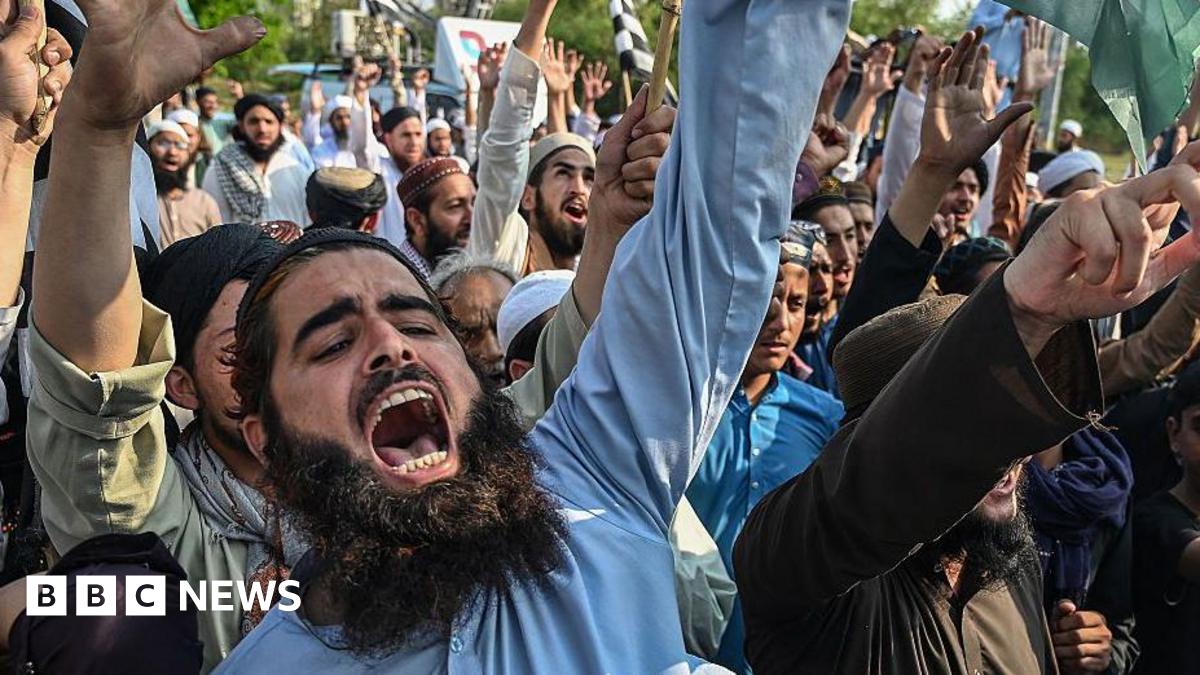Gulf states like Qatar, Saudi Arabia and the United Arab Emirates, which have close ties to both the countries, could step up their mediation efforts.
Saudi Arabian Minister of State for Foreign Affairs Adel Al-Jubeir arrived in Delhi on 7 May in what was seen as a surprise visit amid the backdrop of a spike in tensions between India and Pakistan.
“A good meeting with Adel Al-Jubeir,” Indian Foreign Minister Subrahmanyam Jaishankar said, adding that his counterpart “shared India’s perspective on firmly countering terrorism”.
The Saudi minister arrived in Islamabad on Friday for talks with Pakistan’s leaders.
There are an estimated 2.6 million Pakistanis living and working in the Gulf Kingdom. Riyadh has considerable influence in Pakistan.
Saudi Arabia has loaned billions of dollars to Pakistan to bail out the country during economic crises over the years.
One way out of the current crisis could be a situation where both sides can claim victory to satisfy their audience.
Delhi says the missile strikes on suspected militant hideouts inside Pakistan and Pakistan-administered Kashmir were part of a commitment to hold “accountable” those responsible for the last month’s attack in Pahalgam.
“India has already said it has achieved its objectives. Now, the ball is in Pakistan’s court. If they wish to retaliate then that would elicit a strong response from India,” retired Indian Lt Gen D S Hooda said.
For Pakistan, especially for its powerful military, it would want to show its people that it can stand up against India and teach it a lesson once again by downing five of the Indian air force jets during a dog fight.
India has not acknowledged the loss of any of its fighter jets in the current skirmish.
But according to Pakistani academic Siddiqa, how the current crisis ends depends on what India’s stated objectives are.
“India’s goal posts keep changing day by day – from punishing Pakistan to attaining something more,” she said.
